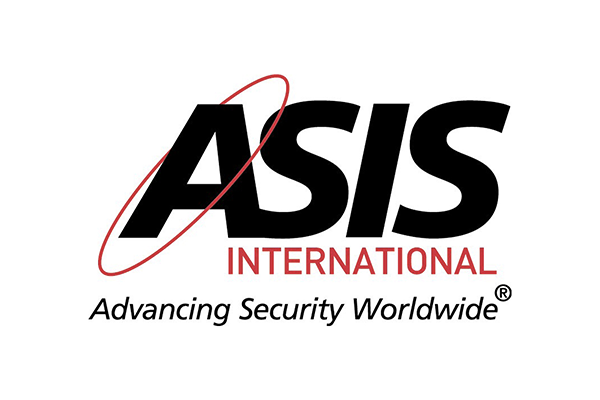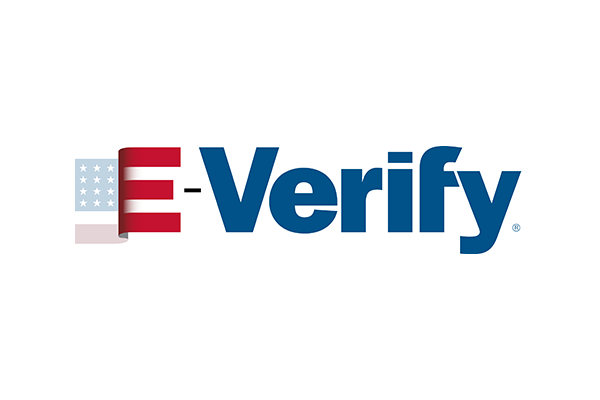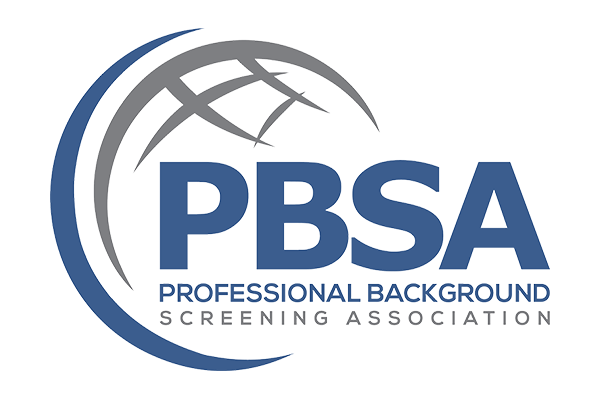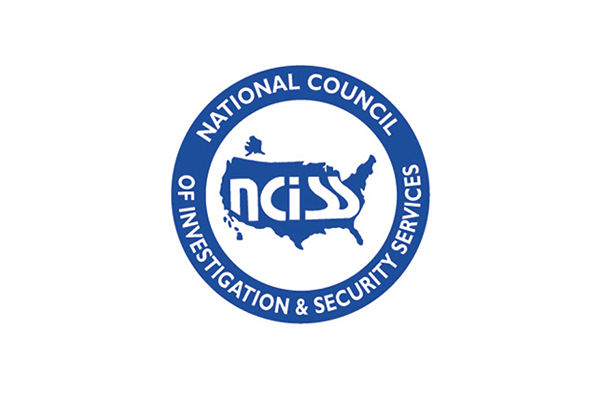The Fair Credit Reporting Act (FCRA) Section 605(C), amending Regulation V, came into effect on July 25, 2022. The amendment, issued by the Consumer Financial Protection Bureau (CFPB), aims to block adverse information identified by human trafficking survivors. As an employment screening company, Corporate Intelligence Consultants (CIC) is committed to helping our clients understand the implications of this rule and maintain compliance when conducting background checks on potential employees.
Human Trafficking and Employment Screening
Human trafficking survivors often face numerous challenges when trying to reintegrate into society, as they typically have criminal records and bad credit due to their exploiters' actions. These negative records can prevent survivors from accessing job opportunities, housing, and other essential services. The CFPB's amendment aims to help survivors overcome these barriers by working with Consumer Reporting Agencies (CRAs) to block adverse information about their trafficking experiences.
CIC Compliance Requirements
To comply with the new rule, CIC must adhere to several requirements, including responding to victims' requests to block information within four business days and providing a convenient submission process for victims. This includes dedicated mailing addresses, a website, a secure online portal, a dedicated toll-free number, and clear instructions on our website on how to submit requests.
CIC cannot verify facts or circumstances of adverse information or determine a victim's status. We may only decline or rescind the blocking of information if the victim fails to provide personal identification, trafficking documentation, or identification of specific adverse information to be blocked.
Retention and Confidentiality Obligations
CIC must retain information regarding blocking requests for seven years from receipt, establish written policies and procedures, and provide specifically trained staff to process requests and answer questions. Additionally, we are prohibited from communicating with our clients (employers) about blocked information or the applicant's trafficking victim status.
The Importance of Compliance
The CFPB's new rule is effective immediately. All CRAs and employment screening providers must comply. By doing so, we have the opportunity to help human trafficking survivors start over and build a new life for themselves outside of the exploitative environment they were trapped in. This amendment to the FCRA provides hope and support for survivors in the United States, and employment screening companies like CIC must be part of the solution.
Involvement and Awareness
As an employer, you can contribute to the fight against human trafficking by creating a supportive work environment and promoting employee awareness. Doing so can reduce the risk of exploitation and help create a safer environment for potential victims.
Supporting Human Trafficking Survivors Beyond FCRA Compliance
Apart from complying with the FCRA's latest amendment, there are additional ways in which employers can contribute to supporting human trafficking survivors:
- Partner with Organizations: Collaborate with non-profit organizations and advocacy groups supporting human trafficking survivors. These partnerships help raise awareness, provide resources, and develop training programs for survivors to help them rebuild their lives.
- Offer Employment Opportunities: Provide job opportunities to survivors and offer internships or vocational training programs tailored to their needs. This will help survivors gain valuable skills and work experience, making it easier to secure stable employment.
- Promote Awareness and Education: Raising awareness about human trafficking is essential to preventing future exploitation. Organize workshops, seminars, and campaigns to educate employees about the issue, warning signs, and ways to report suspicious activity.
- Support Legislation: Advocate for stronger anti-trafficking legislation on both the state and federal levels. By supporting and promoting policies that protect survivors and hold perpetrators accountable, employers can contribute to creating a safer environment for potential victims.
- Encourage Corporate Social Responsibility: Adopt and promote ethical business practices, including supply chain transparency and responsible sourcing, to ensure your company does not inadvertently contribute to human trafficking.
- Provide Financial Assistance: Establish scholarship funds or financial assistance programs to help survivors access education, job training, and other essential resources for their recovery and reintegration.
- Foster a Supportive Work Environment: Create a supportive and understanding work environment for human trafficking survivors. Implement policies that respect survivors' rights and needs, ensuring they are treated with dignity and compassion.
By taking these additional steps, employers can play a significant role in combating human trafficking and providing survivors with the resources and opportunities they need to rebuild their lives. Ultimately, individuals, businesses, and organizations are responsible for working together to create a safer and more supportive environment for those affected by human trafficking.
Compliant Employment Screening - Partner with CIC
As your trusted employment screening partner, CIC is committed to helping you maintain compliance with the latest FCRA amendments and support human trafficking survivors. We encourage you to implement these best practices and create a safer, more inclusive workplace for all employees.







